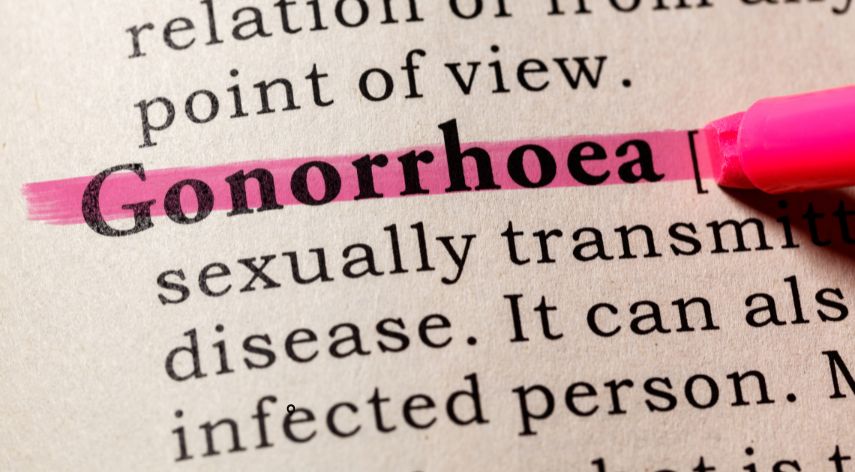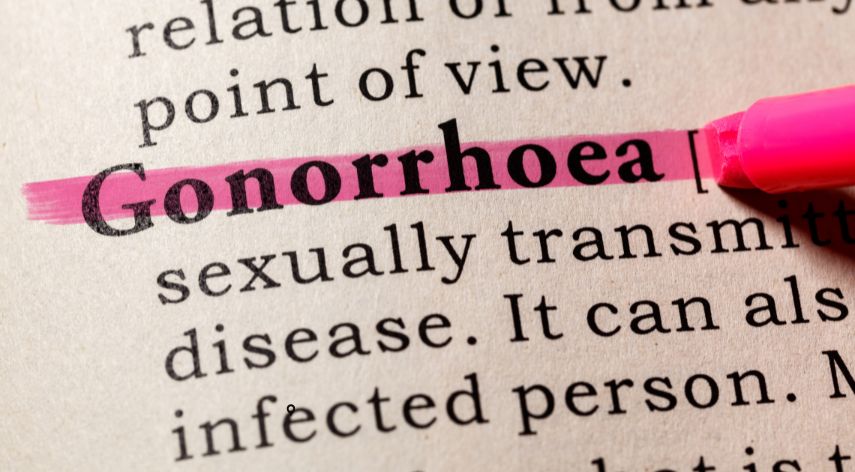Can Skin Conditions help You Detect an Illness?

The outer skin is the largest and most visible organ in the body, and like other organs, it can show signs of underlying health problems that need to be treated. The different parts of the body can be affected by numerous skin conditions at any time, and this is why you should not hesitate to report any abnormal or unusual symptom on the skin.
Even though most, if not all skin conditions can be treated, they could be a warning sign of a more serious and underlying health issue. You can book a dermatologist consultation for diagnosis and treatment of your skin condition. Simply give us a call or visit our website.
What are the conditions that show up on the skin?
Generally, the most common conditions that show up on the skin are allergies, infections, acne and eczema. While these can be easily treated, they can equally cause serious problems, especially if they have been ignored for so long. On the other hand, some skin conditions are quite serious, even if you have only had them for a very short period. Some of these skin conditions can lead to other, more serious diseases after a while. A good example of a serious skin condition is psoriasis, which can weaken the individual, especially during severe flare-ups. It can lead to other health complications like arthritis and heart problems.
Additionally, some skin conditions can be a sign that another part of your body is affected by an illness. This is the reason why you must see a dermatologist because a skin disease can be mild, even though there could be more serious problems in other parts of your body. For example, skin changes can be a sign of skin cancer, while itchy skin could mean a vital organ in your body is malfunctioning.
Finally, different health conditions can manifest symptoms on the outer skin, acting as an early warning sign so you can treat it before it gets worse. Examples of these health conditions that can affect the skin include heart disease, liver problems and even diabetes.
Skin conditions that could be signs of illnesses
One of the ways to tell that the skin condition you are having is a sign of an underlying illness is that they are persistent and do not respond to normal treatments. While they may be presented as a mild or manageable condition, you will find yourself going through treatments for a long time to no avail. When such happens, report back to your doctor or dermatologist. From here on, an additional diagnosis will be carried out and the underlying problem discovered.
Several conditions affect your skin in different ways. Outlined below are some skin conditions that act as warning signs of underlying health issues:
- Rashes: rashes are quite common, and although they are symptoms of infection or allergic reaction, they can also be signs that another part of your body like the lungs has been affected by an illness. Rashes can also be a sign of diabetes, as well as dark patches, blisters, dry skin and itchy skin.
- Yellowish skin: a yellowish skin can be a sign of liver problems or jaundice. The skin is not only affected, as the white part of the eyes can also appear yellow as a result of this condition.
- Acne: most of the time, acne is associated with puberty and skin infection. However, acne can also be a sign of more serious health issues like hormonal imbalance, especially in women. Example of the hormonal imbalance in women that can cause acne is a polycystic ovarian syndrome (PCOS). Besides acne, PCOS can also cause excessive hair growth.
- Bluish skin: a bluish skin is an indication that you may have heart disease, causing poor circulation of blood. Having a bluish skin is a sign of cardiovascular disease which can cause swelling in your extremities and the curved shape of your nails.
- Itchy skin: usually, an itchy skin means you have a rash or a dry skin. However, they could also mean you have different conditions ranging from liver problems to deficiency in iron, and even blood cancers like leukaemia and lymphoma. If the itchy skin is as a result of an underlying health issue, the itch will be felt all over the body, even though the skin may look normal.
- Waxy bumps: seeing clusters of waxy bumps on your skin can be a sign of high cholesterol, which in turn, can increase your chances of having a cardiovascular disease. These waxy growths may be individual and not clustered.
- Thickened skin: a hard or thickened skin can be a sign of illness such as high blood pressure, diabetes, kidney problems and autoimmune disorders.
When you notice any unusual skin condition, or one that won’t go away, do not hesitate to speak with a dermatologist. If you residing in London, visit here to book a dermatologist appointment today!
Recommended For You
Spread the love Introduction The human face is a canvas of identity. It conveys emotions, signals health, and influences how
Spread the love Gonorrhoea is one of the most common sexually transmitted infections (STIs) in the UK, affecting thousands of
Spread the love If you’re reading this, chances are you’ve either heard of gonorrhoea or are curious about it—and rightly
Browse by Category
- Travel
- Technology & Gadgets
- Sports & Games
- Software
- Shopping
- Reviews
- Real Estate
- Numerology
- News
- Make Money
- Lifestyle
- Law
- Home Improvement
- Health
- Gardening
- Games
- Finance
- Entertainment
- Education
- Digital Marketing
- Diet and Fitness
- Dating
- Construction
- Celebrity
- Career and Jobs
- Business
- blog
- Angel Number





